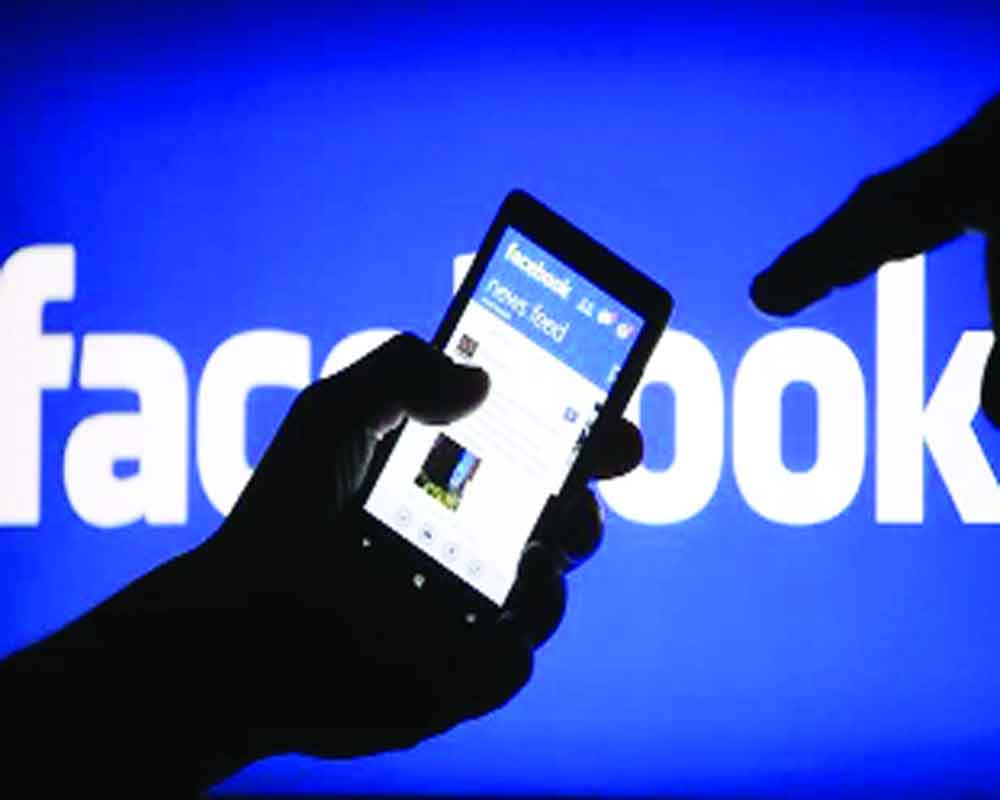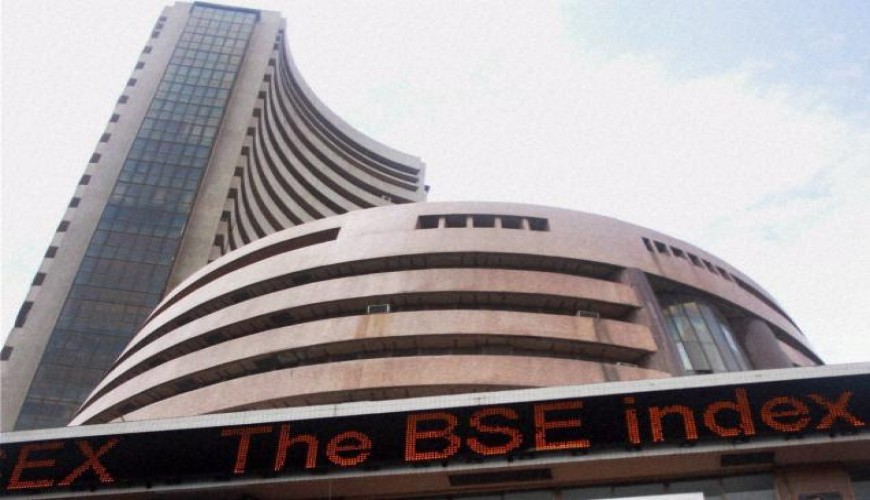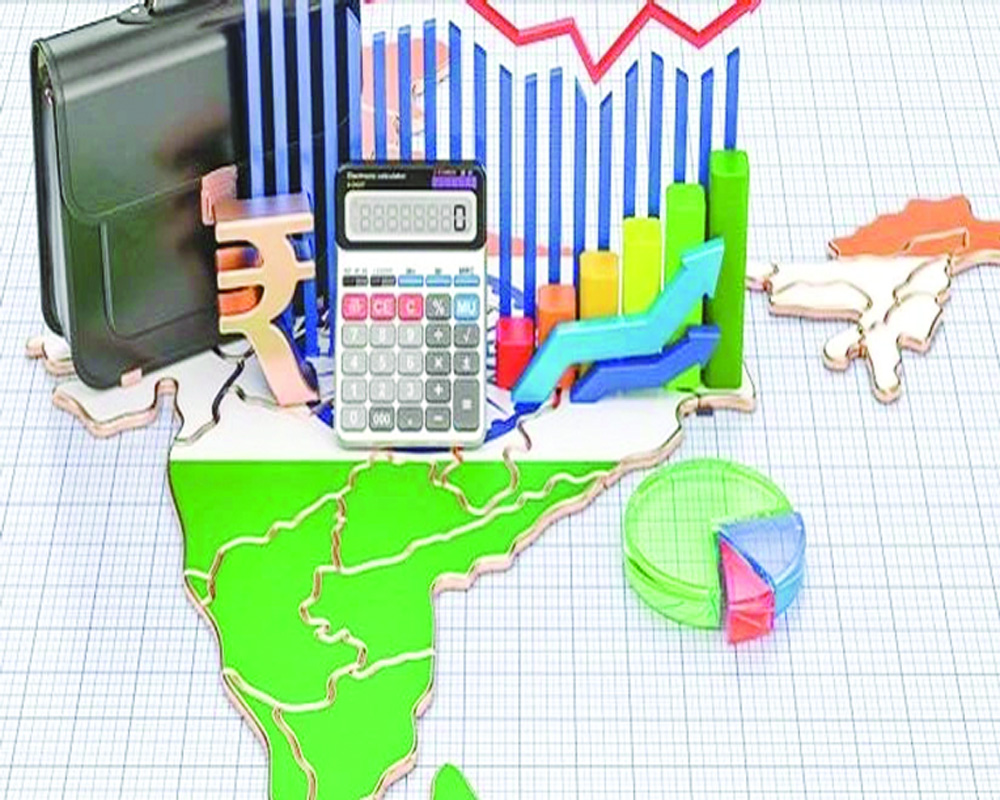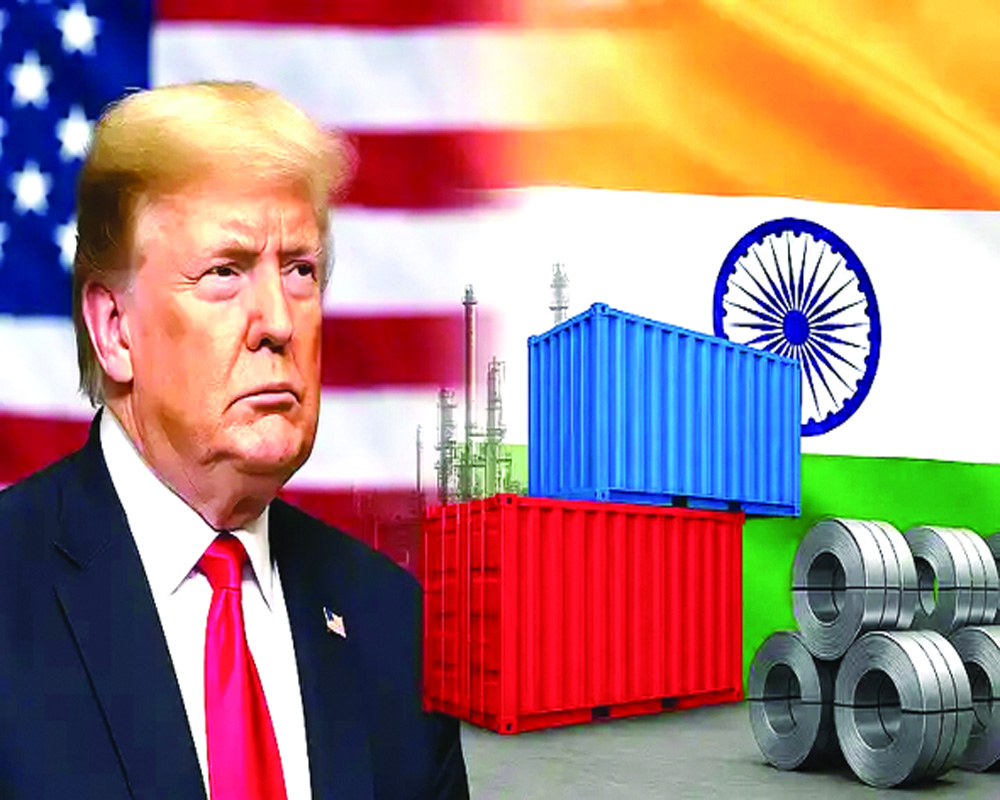Hundreds of accounts that were found to be spreading toxic and wrong information have been removed by Facebook
Allegations and counter-allegations form the gist of Indian politics on any given day. Primarily, this occurs between the ruling Bharatiya Janata Party (BJP) and the Congress as well as between regional parties across the country. It also takes place in the pages of newspapers and on television screens. But over the past few years, things have changed dramatically. Newsprint and satellite television are not the main means of information dissemination used by political parties. It has all moved online. This is because of the mistrust that has been fostered in what is called the “mainstream media” by years of institutional bias. While the “mainstream media” denies this charge, it is hard to argue that there was no favouritism at all in play. Online, however, one can hear news that confirms his/her own personal choices — whether it is for or against a particular leader. But say what you will about the mainstream media, and that includes this newspaper, there was some level of editorial control, particularly in the print versions. The Press Council of India may be toothless as a watchdog but its censure on transgressions is still internalised seriously. This means that while some misinformation and deliberate news “massaging” continues to take place, out and out fakery rarely occurs; let alone mischievous attempts at misinformation, calls to violence and abuse. Online media though is a different kettle of fish. With little or no editorial control, vile abuse and outright fake news rule the roost, much of which is spread on platforms such as Facebook. So the social media major recently shut down hundreds of sites controlled directly and indirectly by the two main political parties, the BJP and Congress, as well as those fuelled by the Pakistani intelligence community to manipulate our verdict. Occasionally, messages of hate and vile personal insinuations are made on politically driven communities on the virtual plane, the following of which runs into tens of thousands, sometimes millions of people, many of whom believe the utter tripe thrown up. Numbers suggest that 2,06,000 accounts followed one or more of these pages. These also spent about $39,000 on ads to get greater visibility for their posts between August 2014 and March 2019. Experienced political operatives have figured out that by making something appear funny or in a meme, they can spread misinformation far and wide, without making so much as an effort.
Facebook’s actions though may be too little, too late. Many of these pages have been operating for years with impunity and are expected to re-appear in a new format on the site very quickly. This is similar to what happened with the video of the shootings in Christchurch, New Zealand. Social media platforms like Facebook, Twitter and to an extent even YouTube have kept the barriers to entry and posting content so low in order to gain more users and have them spend hours on their sites, that this is bound to happen. Removing pages or users’ post-facto means the damage has been done but censoring content is another dangerous path. Maybe, a few more effective barriers to content posting, such as clearly identifying who is uploading what, might be a better way forward but what happens to internet anonymity then? These are issues that need to be debated. And debated quickly by social platforms.
Writer: Pioneer
Courtesy: The Pioneer








 OpinionExpress.In
OpinionExpress.In















Comments (0)